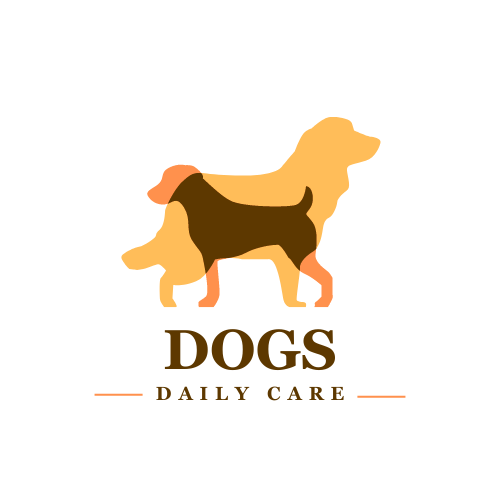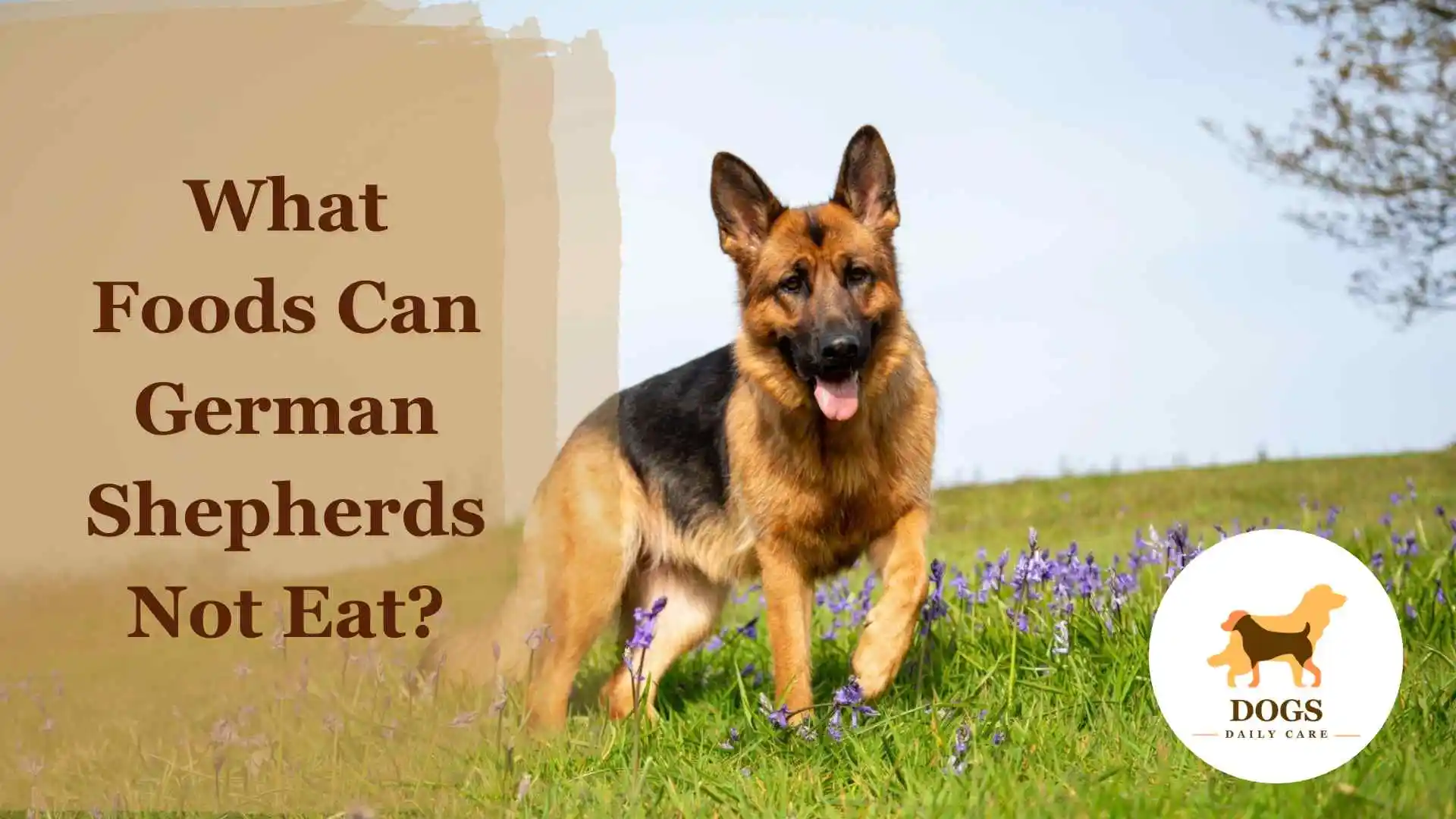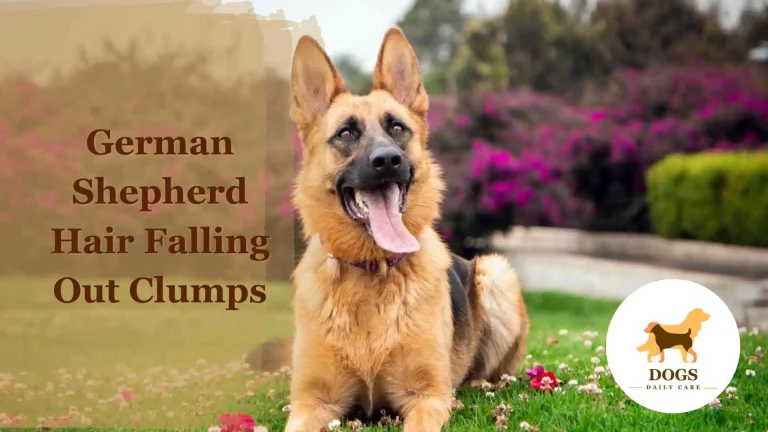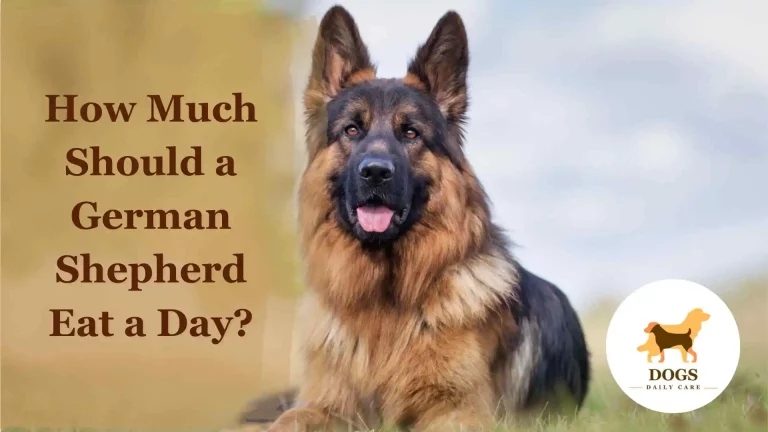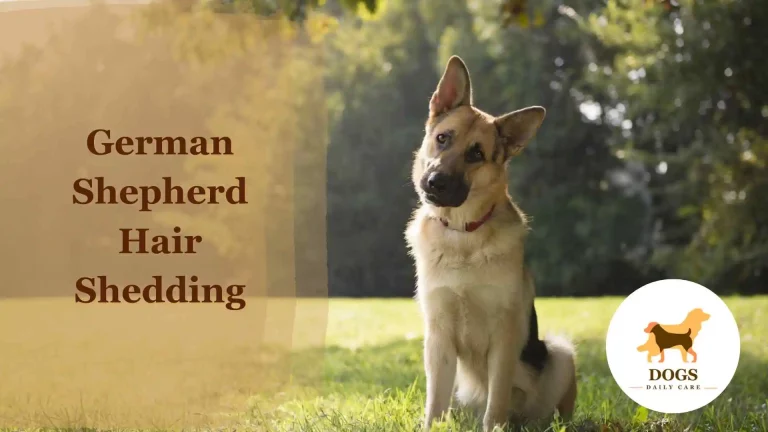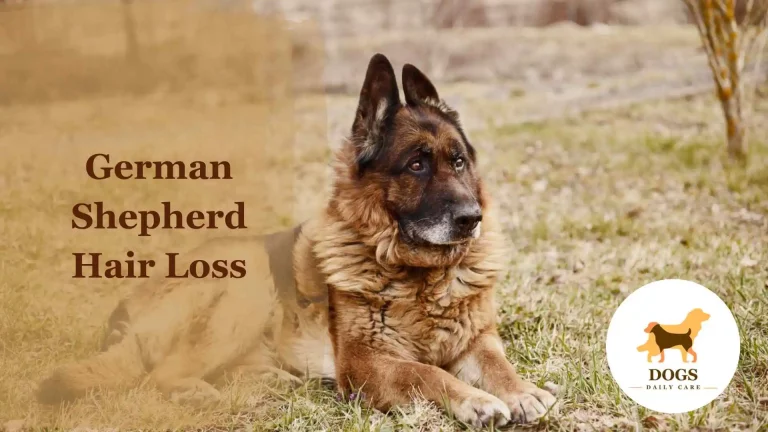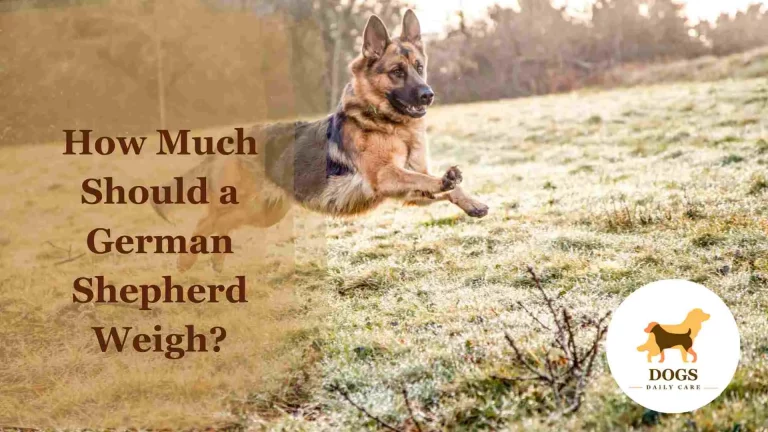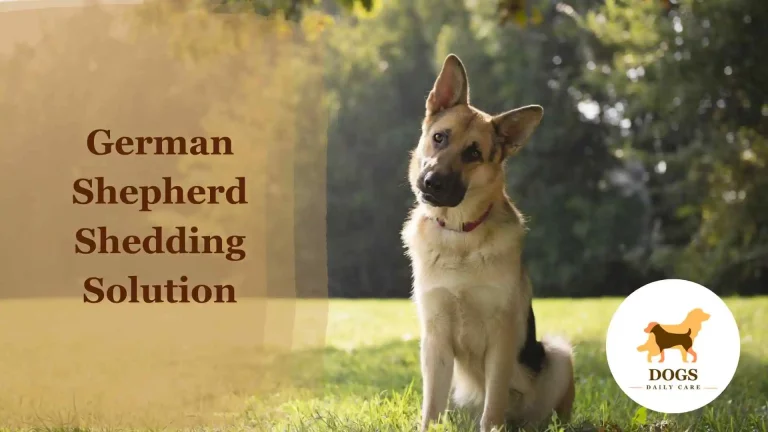What Foods Can German Shepherds Not Eat? – A Complete Guide
Are you a German Shepherd owner who wants to ensure the best diet for your furry friend? You’re not alone! Many of us share our homes, and sometimes even our meals with our pets. But not all foods that are safe for humans are suitable for German Shepherds. This post aims to guide you through the foods that should be off-limits for your dog, helping you create a diet that keeps them healthy and happy.
Understanding what foods German Shepherds should avoid is crucial for their long-term health and well-being. The wrong food can lead to a range of health issues, from minor stomach upsets to severe poisoning and even chronic diseases. It’s not just about what foods to include in their diet, but also what to keep out of their food bowl.
So, what are the foods you should steer clear of? Stick around as we dive deep into the types of foods that can harm your German Shepherd, symptoms to look out for if they ingest something harmful, and what immediate steps you should take. Educate yourself now to prevent future trips to the vet’s emergency room.
The Importance of Diet in a German Shepherd’s Health
A proper diet isn’t just a luxury for your German Shepherd—it’s a necessity. Food serves as the fuel that powers their active lifestyle, and a well-balanced diet can have a tremendous impact on their overall health. When it comes to German Shepherd health and diet, the two are intrinsically linked, influencing everything from their coat’s shine to their energy levels.
Sadly, many common health issues in German Shepherds are diet-related. Obesity, gastrointestinal problems, and even hip dysplasia can be exacerbated by what your dog eats. Providing the right nutrients can also boost their immune system, making it easier for them to fight off illnesses. The significance of diet extends to their mental health too, affecting their mood and stress levels.
It’s essential to keep harmful foods out of their reach. Even a small misstep in their diet can lead to immediate or long-term health issues. That’s why knowing what foods to avoid is equally as important as knowing what to include. After all, an informed owner makes for a happy and healthy German Shepherd!
Common Foods We Think Are Safe
You might think that sharing a small treat from your plate is a harmless gesture of love towards your German Shepherd. After all, if it’s safe for you, it should be safe for them, right? Unfortunately, that’s not always the case. Many foods that we commonly consume can be unsafe for German Shepherds, leading to unexpected health complications.
For instance, while small amounts of cooked meat like chicken or turkey seem like a tasty and protein-rich treat, they can be harmful if seasoned with garlic or onion, which are toxic to dogs. Even fruits like avocados, which are praised for their health benefits in humans, contain a substance called persin that can cause digestive issues in German Shepherds. And let’s not forget about bones. While they may seem like a natural chew toy, cooked bones can splinter and pose a serious choking hazard.
It’s crucial to tread carefully when it comes to your German Shepherd’s diet. Simple everyday foods, which seem benign to us, can be a source of danger for our canine companions. By familiarizing yourself with common unsafe foods for German Shepherds, you’re taking an essential step in ensuring their well-being and longevity.
Foods that are Toxic to German Shepherds
When it comes to toxic foods for German Shepherds, there are some culprits that should never make it into your dog’s food bowl. These foods aren’t just harmful; they can be downright dangerous and even fatal. Awareness is the first line of defense in keeping your pet safe, so let’s take a closer look at these toxic foods.
Chocolate
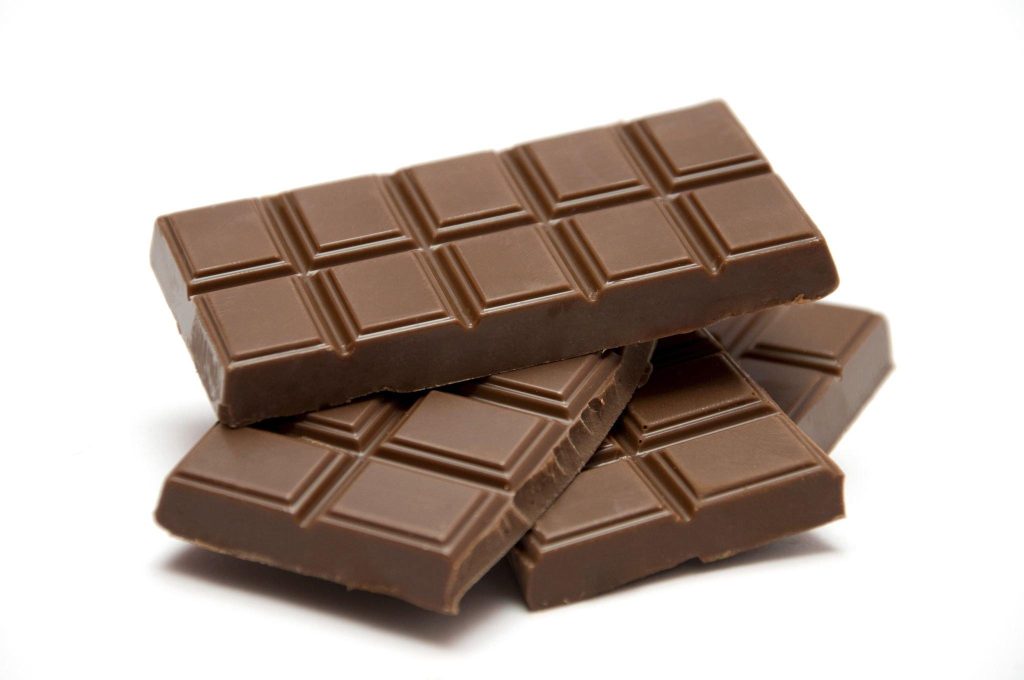
A favorite among humans, chocolate contains theobromine, which is highly toxic to German Shepherds and other dogs. Even a small amount can cause symptoms like vomiting and diarrhea. In higher doses, it can lead to seizures, heart problems, and even death. Dark chocolate is especially dangerous as it contains higher levels of theobromine.
Grapes and Raisins
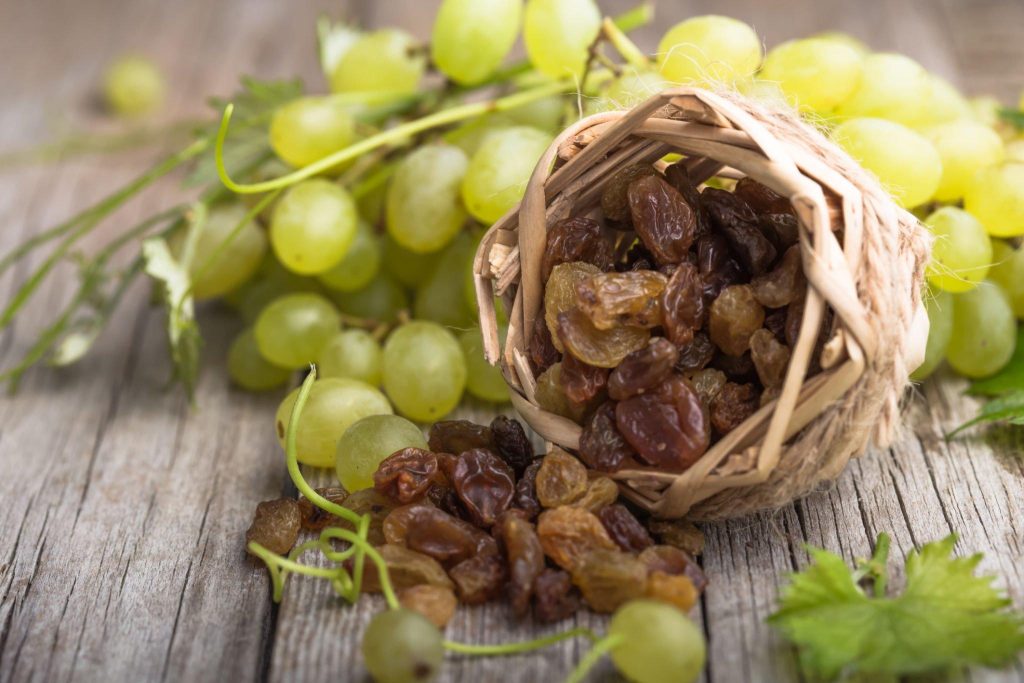
The toxicity of grapes and raisins to dogs is a mystery, but what is clear is that they can cause acute kidney failure in German Shepherds. Even just a few grapes or raisins can be enough to trigger this dangerous reaction. Immediate veterinary care is essential if ingestion occurs.
Onions and Garlic
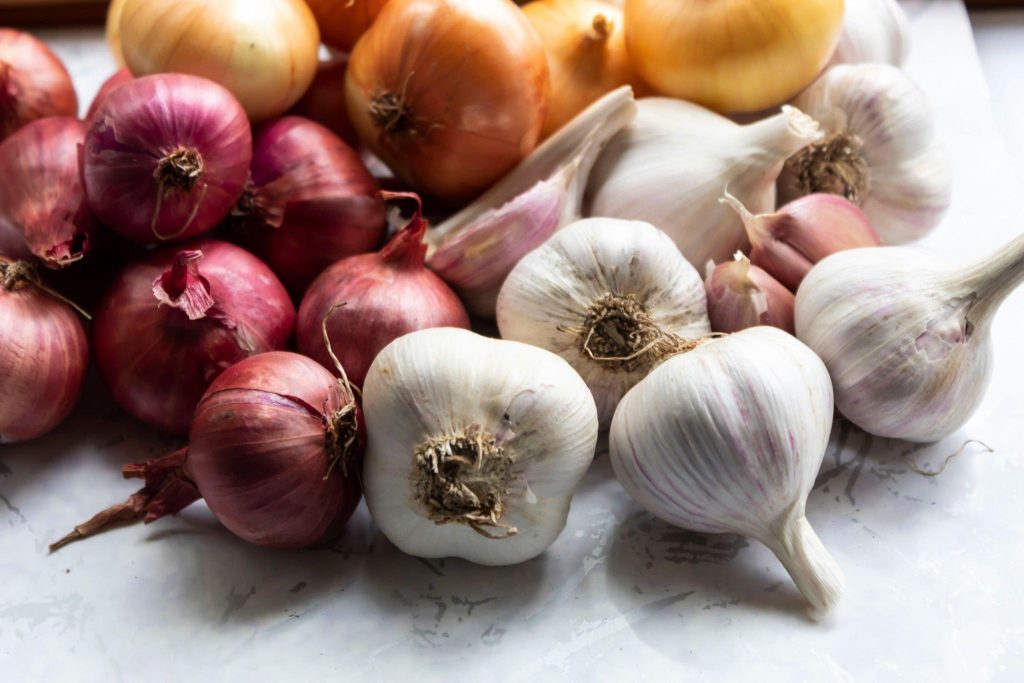
These popular cooking ingredients contain compounds that can lead to oxidative damage to red blood cells in dogs, causing anemia. Onions are more toxic than garlic, but both should be avoided. Signs of toxicity include lethargy, pale gums, and even blood in the urine.
Xylitol
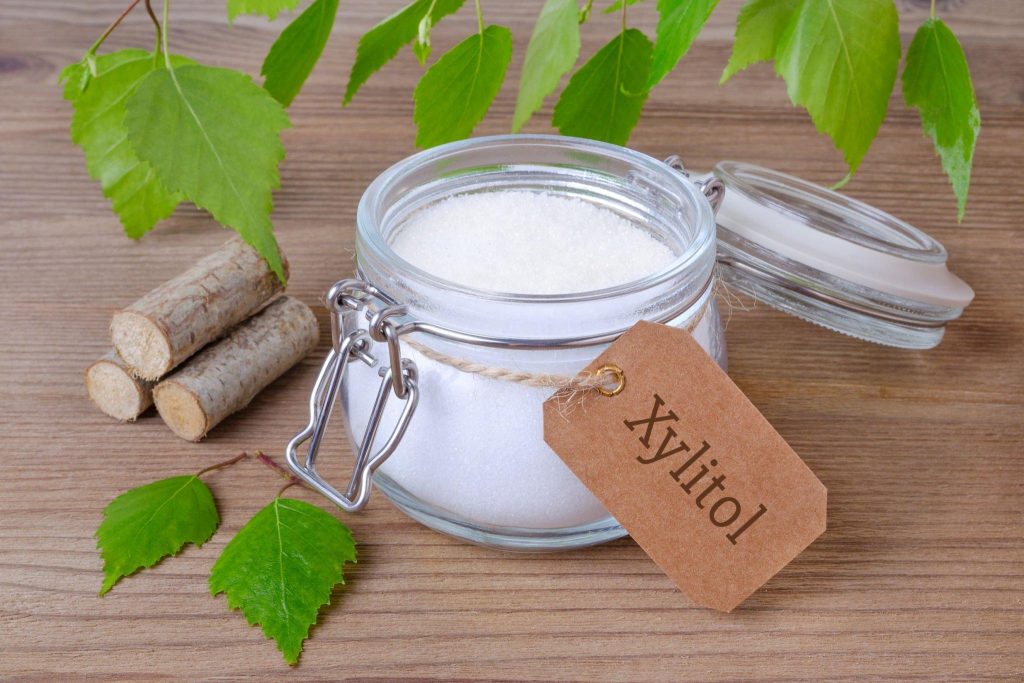
This artificial sweetener, often found in sugar-free gum, toothpaste, and baked goods, can cause a rapid release of insulin in dogs, leading to hypoglycemia (low blood sugar). Symptoms include vomiting, loss of coordination, and seizures. If not treated quickly, xylitol poisoning can be fatal.
Alcohol

Alcohol can affect dogs much more severely than it does humans. Even small amounts can cause intoxication, which leads to symptoms like vomiting, disorientation, and lack of coordination. In severe cases, it can result in coma or death.
Foods That Are Hard to Digest
While some foods are toxic to German Shepherds, others might not be poisonous but are still hard for them to digest. These indigestible foods can lead to a slew of digestive issues, including bloating, gas, and diarrhea, making your pup feel miserable. So, what should you avoid to keep their digestive system running smoothly?
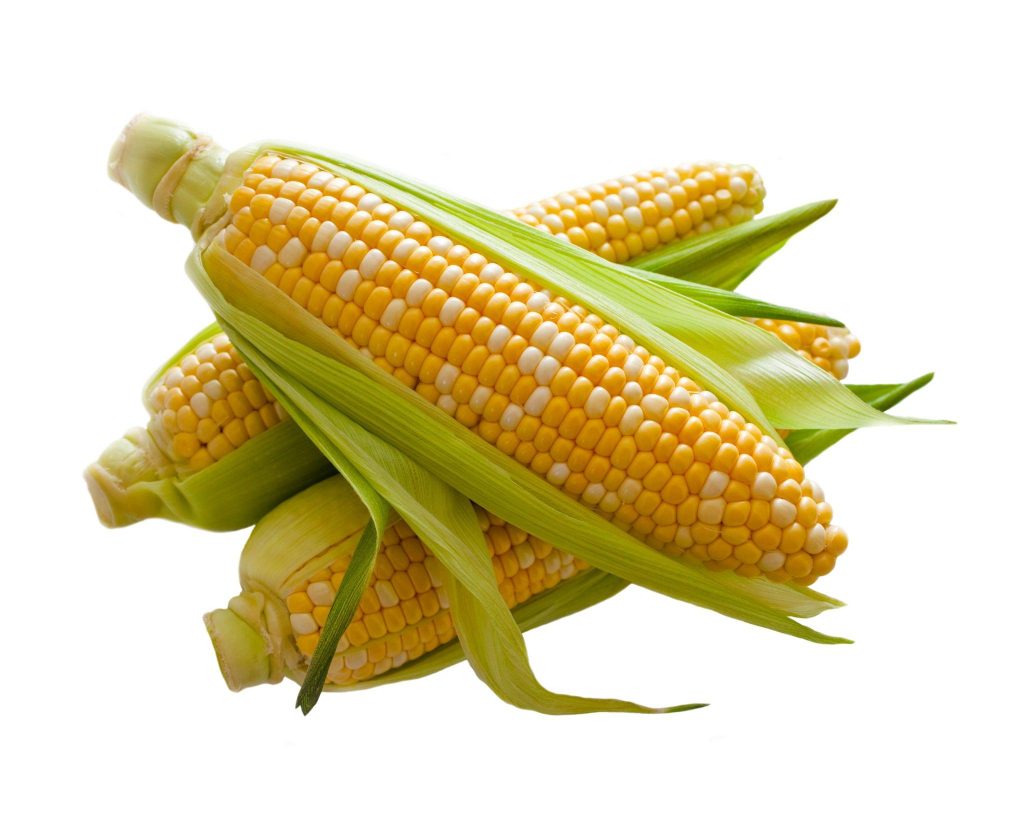
Corn is a common filler in many dog foods, but it’s notoriously hard for German Shepherds to digest. Its complex carbohydrate structure can lead to digestive upset. Likewise, high-fat meats like bacon or sausage may seem like tasty treats, but their high fat content is difficult for dogs to break down, potentially causing pancreatitis. Nuts, particularly macadamia nuts, should also be avoided. While not toxic in the same sense as chocolate, they can cause digestive discomfort and are high in fats that are difficult for dogs to process.
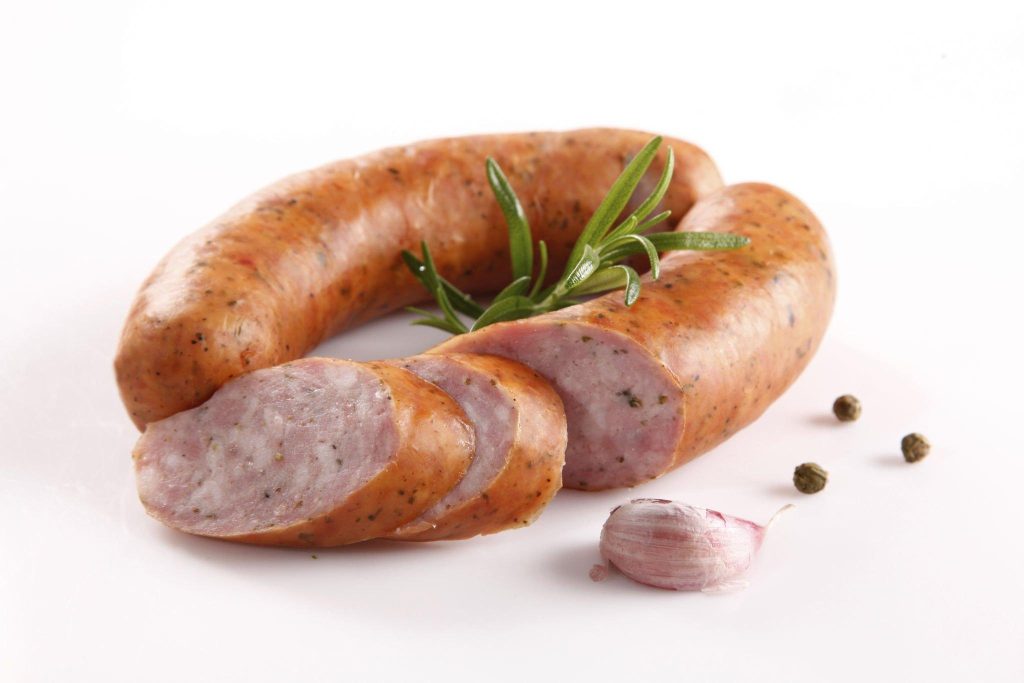
Dairy products like milk, cheese, and yogurt can be hard for many German Shepherds to digest as well, largely due to lactose intolerance. Consuming dairy can lead to unpleasant symptoms such as gas, bloating, and diarrhea. It’s always better to be cautious and stick to foods that are easily digestible for your German Shepherd to ensure their comfort and long-term health.
Signs Your German Shepherd Has Consumed a Harmful Food
Despite our best efforts to keep harmful foods away from our pets, accidents can happen. That’s why it’s crucial to know the symptoms of food poisoning in German Shepherds, so you can act quickly and minimize the damage. Recognizing these signs early can be a life-saver—literally.
Look out for symptoms like vomiting, diarrhea, or excessive drooling, as these are often the first signs that your dog has ingested something they shouldn’t have. More severe symptoms can include tremors, seizures, or even loss of consciousness. Restlessness or signs of discomfort like pacing or whining can also indicate digestive distress. Additionally, keep an eye out for changes in their drinking and urination habits. Increased thirst or urination can signal a problem, as can a lack of interest in drinking water.
If you notice any of these signs, consult your veterinarian immediately. Time is of the essence, especially when it comes to toxic foods that can cause rapid deterioration in health. Keep emergency contact numbers handy and don’t hesitate to seek professional help. Remember, it’s always better to be safe than sorry when it comes to your German Shepherd’s well-being.
Consult Your Vet
You might be an experienced German Shepherd owner or perhaps you’re new to the joys and challenges of dog ownership. Either way, when it comes to your dog’s diet, professional advice is invaluable. Consulting a veterinarian for your German Shepherd’s dietary needs should be at the top of your to-do list. A vet can provide personalized recommendations tailored to your dog’s age, weight, and health conditions, ensuring they get the nutrients they need while avoiding harmful foods.
Just as you would consult a doctor before making significant changes to your own diet or medication, the same principle applies to your German Shepherd. Vets can run tests to identify allergies, sensitivities, or other health issues that may be influenced by diet. They can also help you navigate the overwhelming world of dog food options, recommending trusted brands or even specialized diets if necessary.
Don’t underestimate the importance of professional guidance. Diet plays such a pivotal role in your dog’s overall health that it should be discussed and reviewed by experts in animal health. It’s one of the most proactive steps you can take in ensuring a long, happy, and healthy life for your German Shepherd.
Frequently Asked Questions (FAQs)
1. Can I give my German Shepherd fruits and vegetables?
Fruits like apples, bananas, and blueberries are generally safe and nutritious for German Shepherds when given in moderation. Vegetables like carrots and cucumbers can also be a healthy addition. Always consult your vet before introducing new foods into your dog’s diet.
Q 2. What about human foods like rice and pasta?
Plain, cooked rice and pasta can be easily digestible for most German Shepherds and are usually safe in small amounts. However, they should not replace a balanced dog food diet designed to meet all of your pet’s nutritional needs.
Q 3. Is it ever safe to give a German Shepherd dairy products?
Many German Shepherds are lactose intolerant, which means dairy can lead to digestive issues. If you do choose to give your dog dairy, it should be in minimal amounts and preferably low-lactose options like hard cheese. Always observe your dog for any signs of discomfort.
Q 4. Can a German Shepherd eat raw meat?
While some owners opt for a raw food diet, this choice comes with risks like bacterial contamination. Always consult your veterinarian before making a significant change like this to your dog’s diet.
Q 5. What should I do if I suspect my German Shepherd has ingested toxic food?
Time is of the essence. Contact your vet or an emergency pet poison hotline immediately if you suspect your German Shepherd has consumed toxic food. Keep an eye out for symptoms of food poisoning in German Shepherds and act quickly.
Conclusion
In conclusion, the diet of a German Shepherd is a critical aspect of their overall health and well-being. By knowing what foods to avoid, you’re taking a significant step in ensuring a long, happy, and healthy life for your beloved pet. From toxic foods like chocolate and grapes to hard-to-digest options like corn and high-fat meats, being aware of the dangers can prevent emergency trips to the vet and save you both stress and heartache.
Consulting a vet for personalized advice is a proactive measure you should never overlook. Your German Shepherd’s diet shouldn’t be left to chance; it should be carefully planned with the guidance of veterinary expertise. And always keep an eye out for symptoms that may indicate your dog has ingested something harmful—prompt action can make all the difference.
Thank you for taking the time to educate yourself on this vital topic. Your German Shepherd depends on you to make the best choices for them, and being well-informed is the first step in fulfilling that responsibility.
